
On March 8, International Women’s Day, Grand Challenges Canada features two women Innovators who are helping other women to overcome the struggles and issues they face.


On March 8, International Women’s Day, Grand Challenges Canada features two women Innovators who are helping other women to overcome the struggles and issues they face.

February 1 to February 7 marks International Development Week (IDW), celebrating Canada’s contribution to international development, especially in improving the health of women and children. The theme this year is “We are making a difference!” The entire week, Grand Challenges Canada will publish short success stories, showing how our Bold Ideas with Big Impact are […]
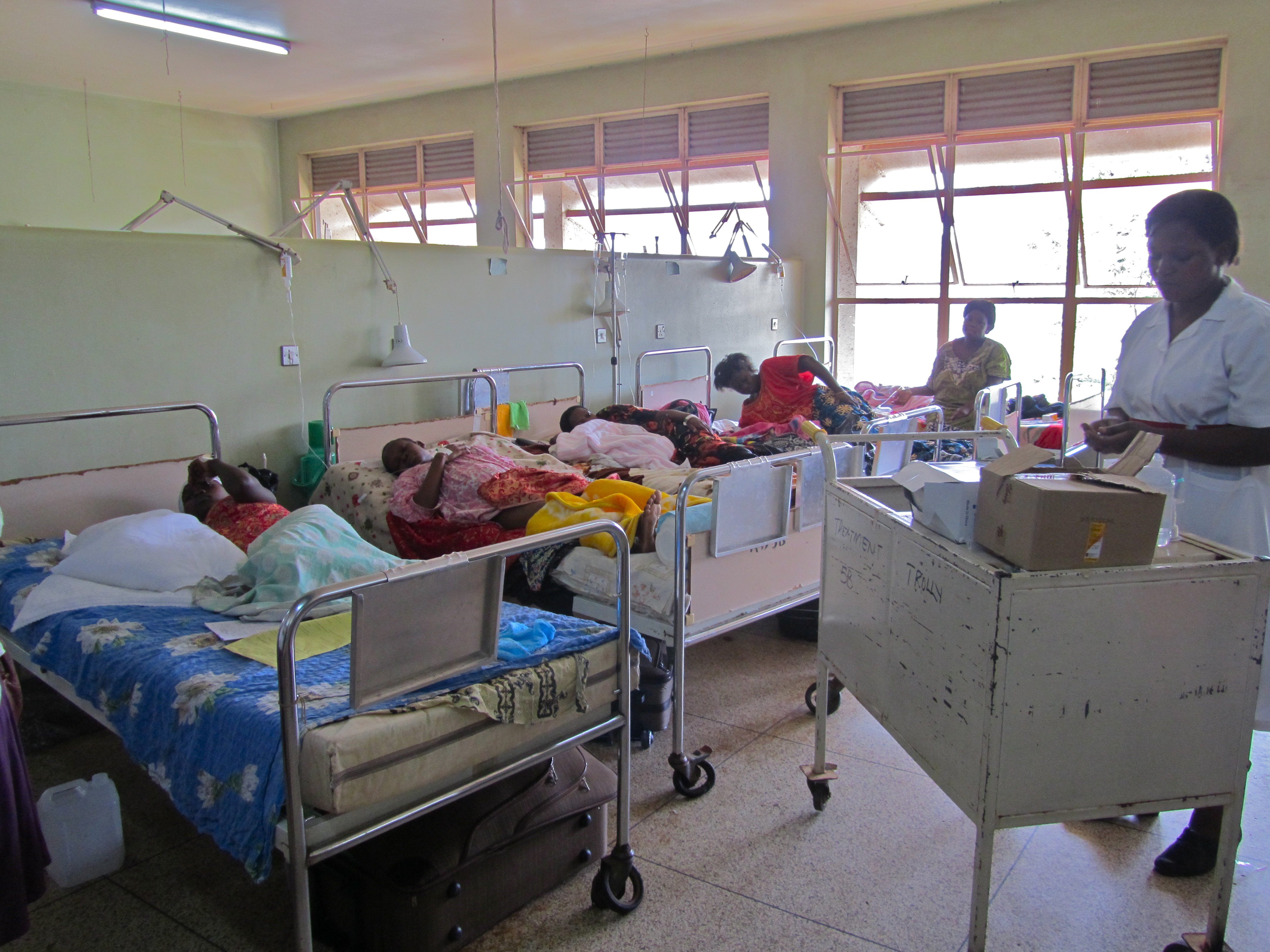
February 1 to February 7 marks International Development Week (IDW), celebrating Canada’s contribution to international development, especially in improving the health of women and children. The theme this year is “We are making a difference!” The entire week, Grand Challenges Canada will publish short success stories, showing how our Bold Ideas with Big impact are […]
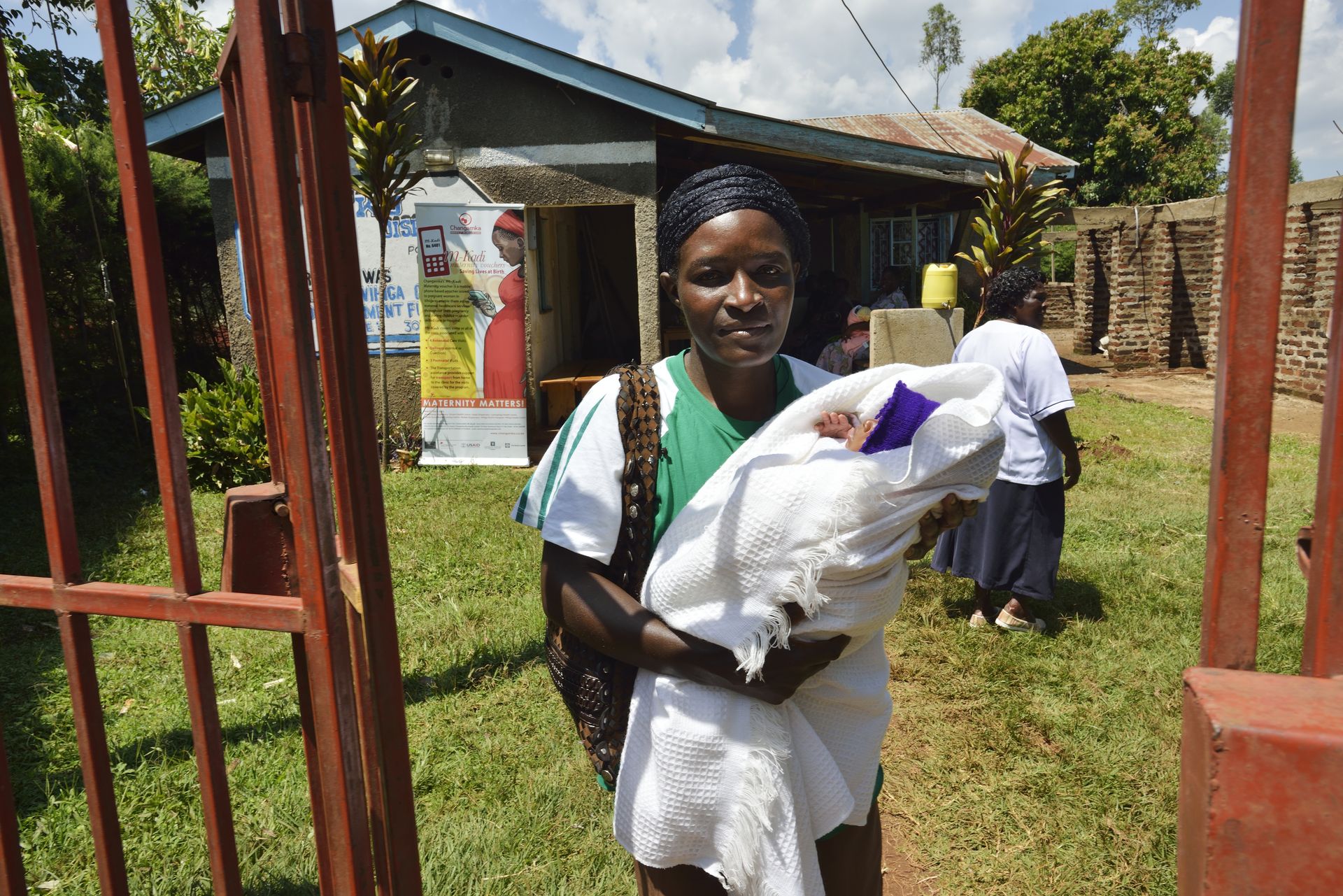
February 1 to February 7 marks International Development Week (IDW), celebrating Canada’s contribution to international development, especially in improving the health of women and children. The theme this year is “We are making a difference!” The entire week, Grand Challenges Canada will publish short success stories, showing how our Bold Ideas with Big impact are […]
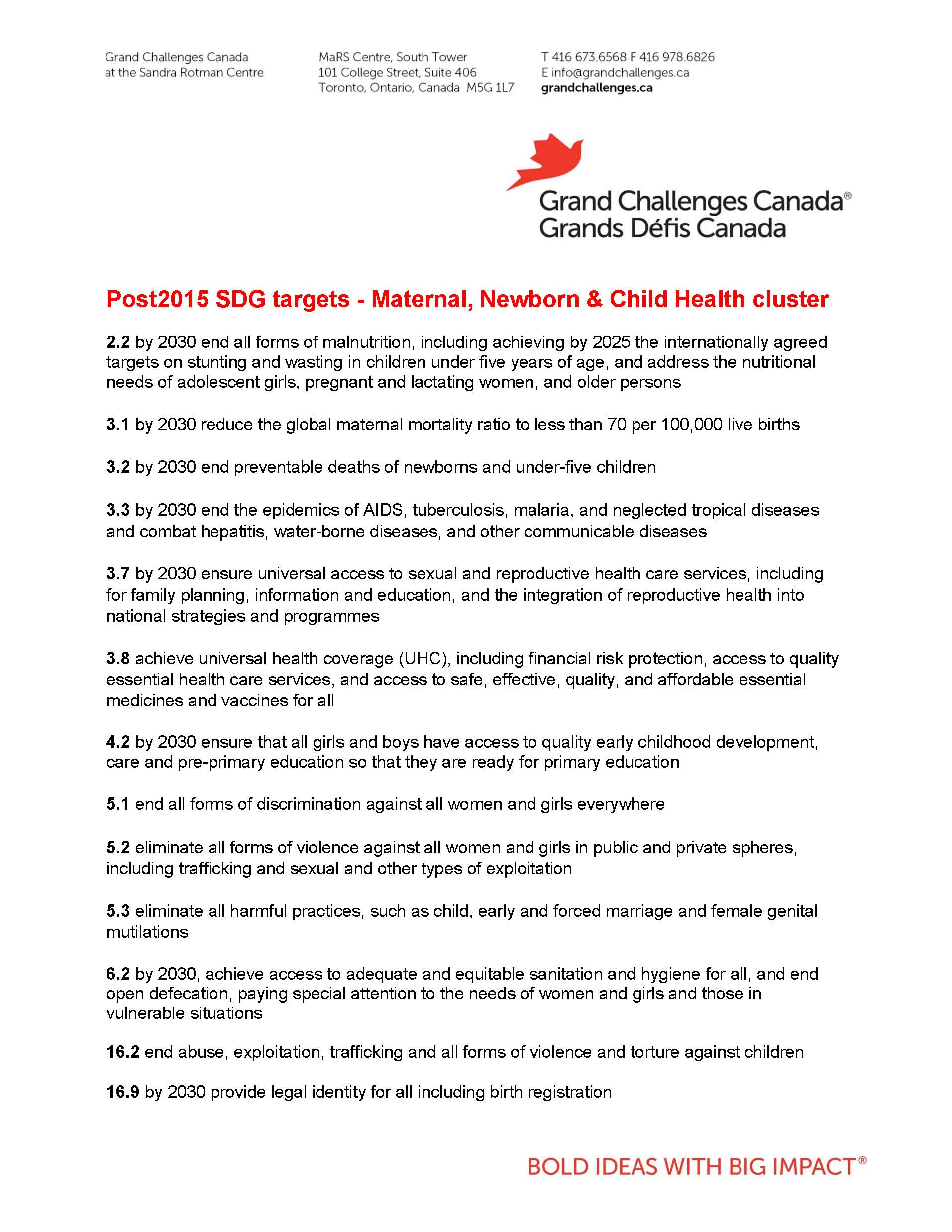
Maternal, newborn, and child health (MNCH) should be at the heart of the post-2015 agenda.
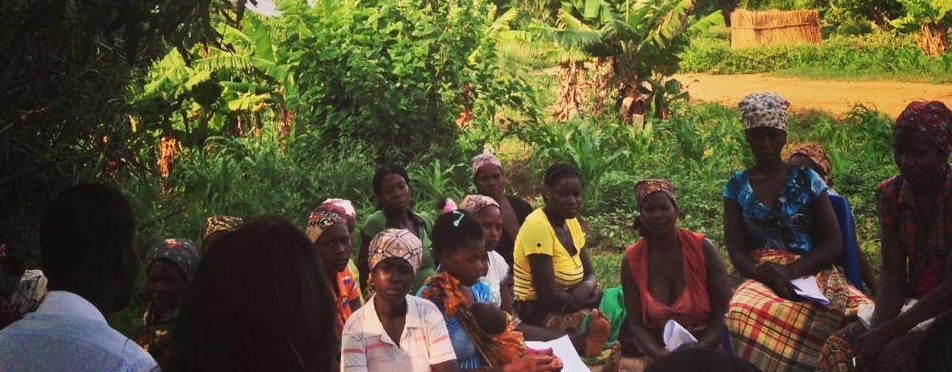
Maternal health is a global responsibility and it begins with a woman’s local community. In the medical literature, maternal health has been confined to a woman’s clinical characteristics like her age, weight, ethnicity and medical conditions. While these are important for her overall health and prognosis in pregnancy, the broader context that she lives in is just as critical.
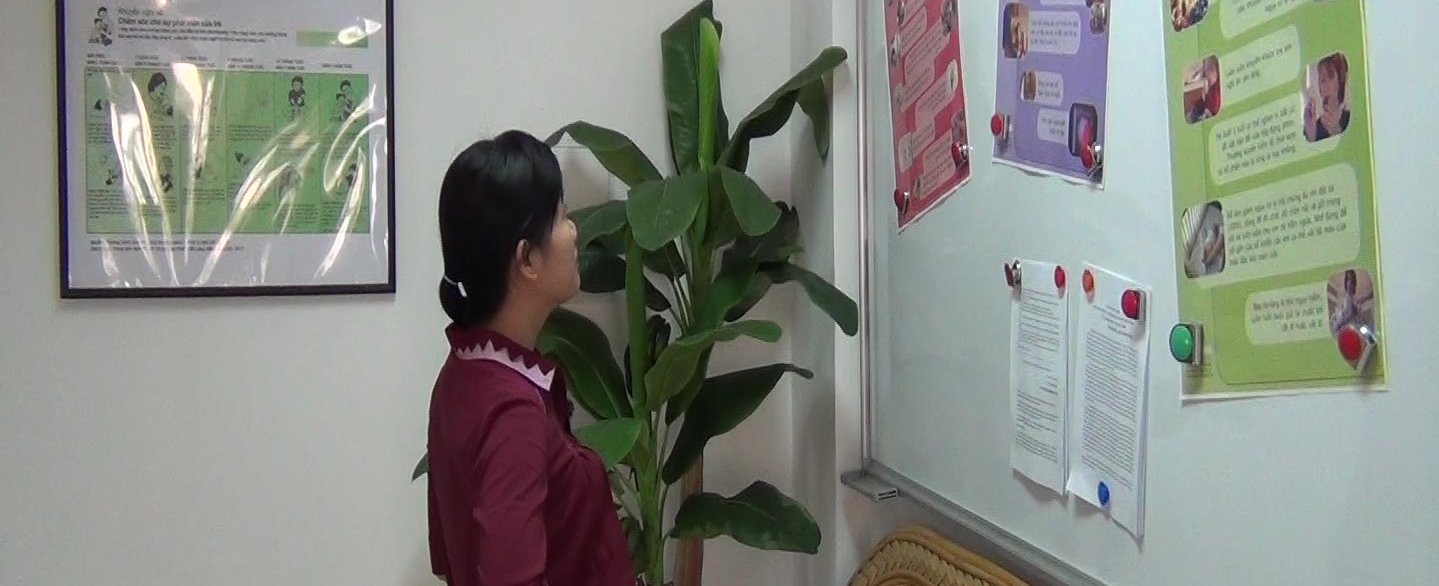
Mother’s Day, celebrated internationally, reminds us of the inestimable social contribution that women make to the world as they care for their fetuses, newborns, infants and young children. Most mothers are living in the world’s resource constrained low- and lower-middle income countries. Many are experiencing crowded housing; lack of access to healthcare, clean water and sanitation; food insecurity and exposure to gender-based violence while caring for their children.
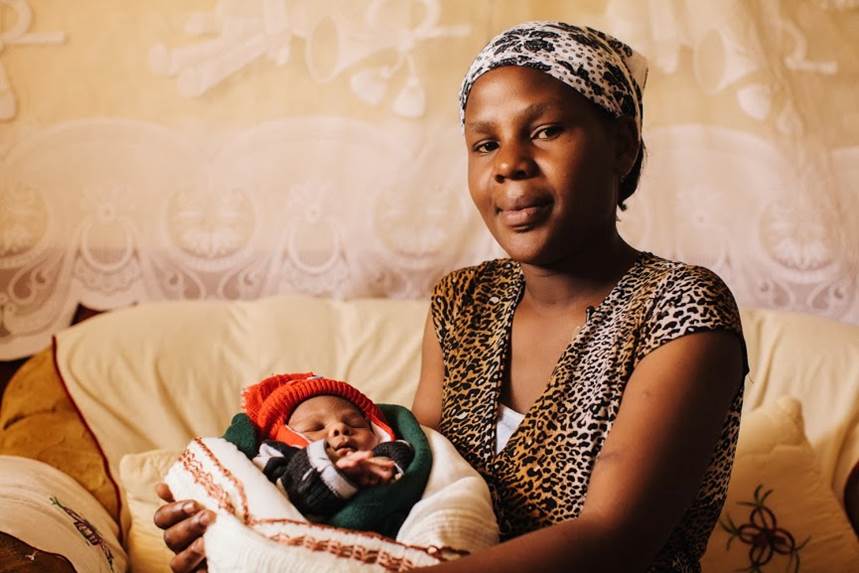
Ruth (*) came to a Jacaranda Health three days ago to deliver her healthy baby girl. When it was time to leave the hospital, Jacaranda nurses counseled Ruth- as they do for all of our mothers – to make sure she and her newborn had the best opportunity to stay healthy once they returned home in Kasarani, just outside Nairobi.
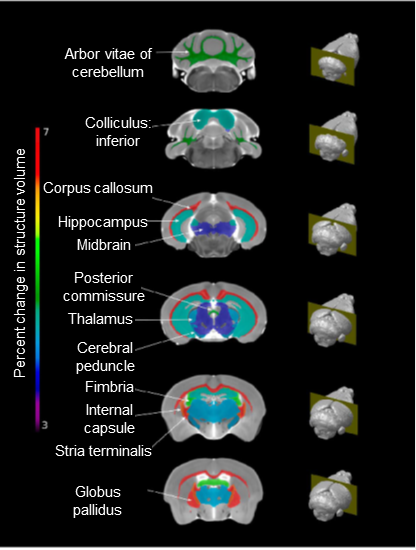
On World Malaria Day I would like to celebrate the successes of the global efforts to control and eliminate malaria that have significantly reduced malaria mortality worldwide. I would also like to note that despite all these great efforts, well over half a million people, mostly children under the age of 5, died of the disease last year. This is an unacceptably high number.
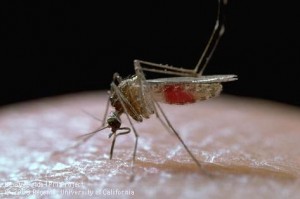
April 7 is the World Health Day, themed Small bites; Big threats, highlighting vector-borne diseases. Grand Challenges Canada, which is funded by the Government of Canada, joins other global organizations in commemorating this day by highlighting its projects aimed at raising awareness about the threats posed by insect and arthropod vectors, as well as the protozoa, bacteria, viruses, and parasites they carry, collectively known as vector-borne diseases (VBD’s) .